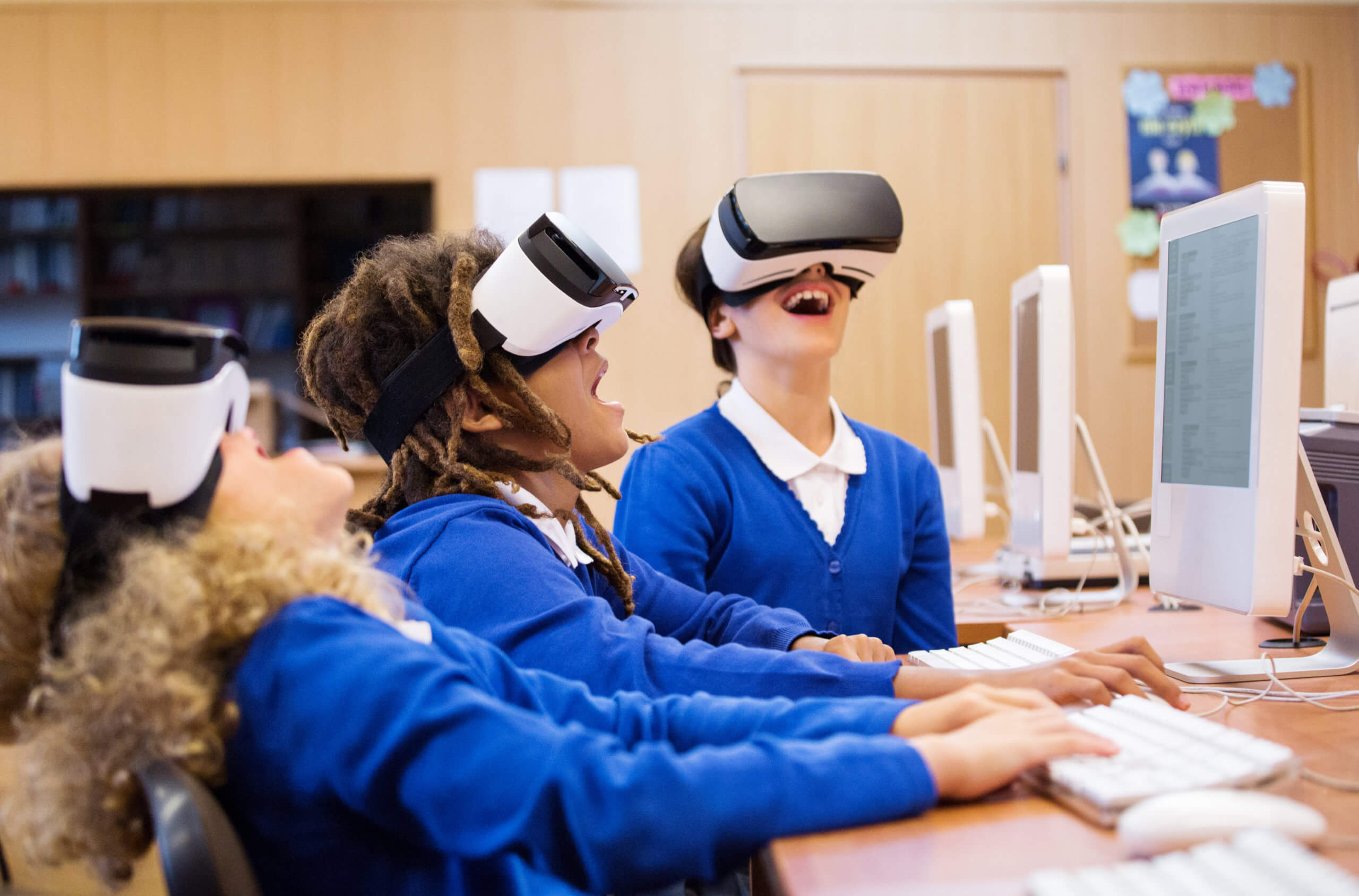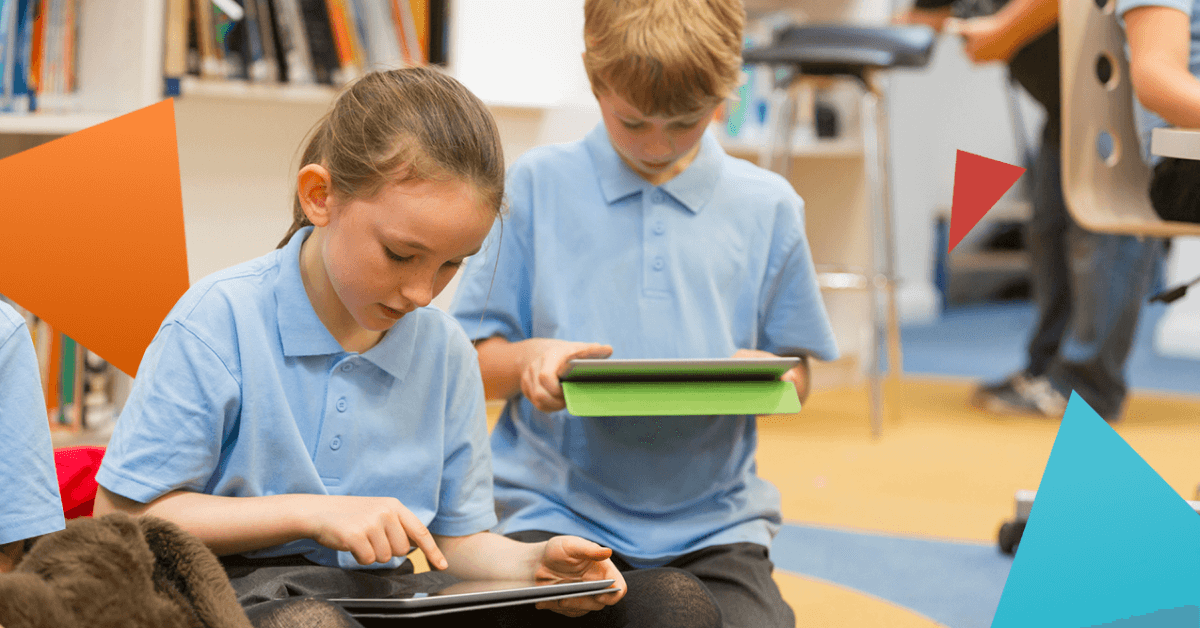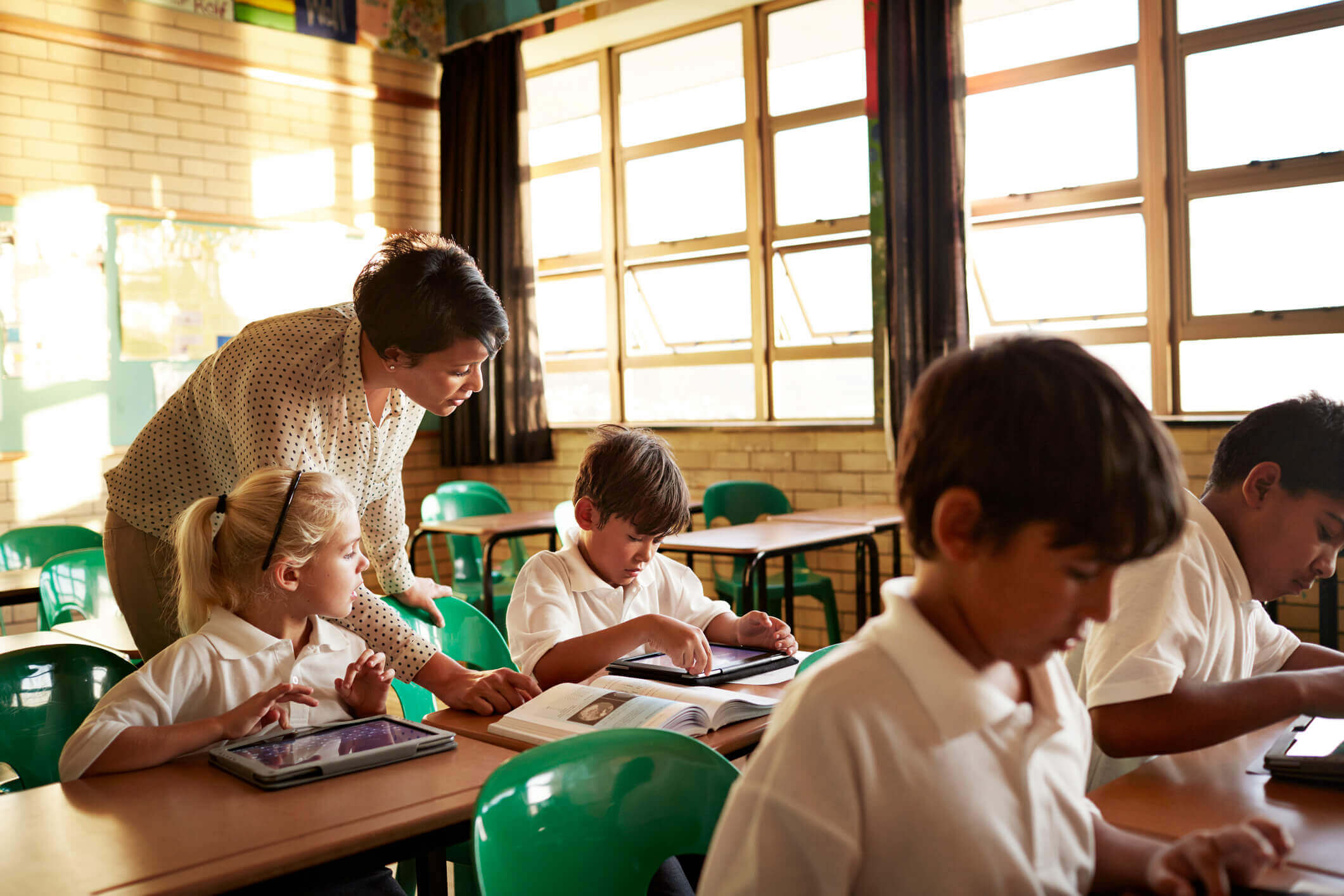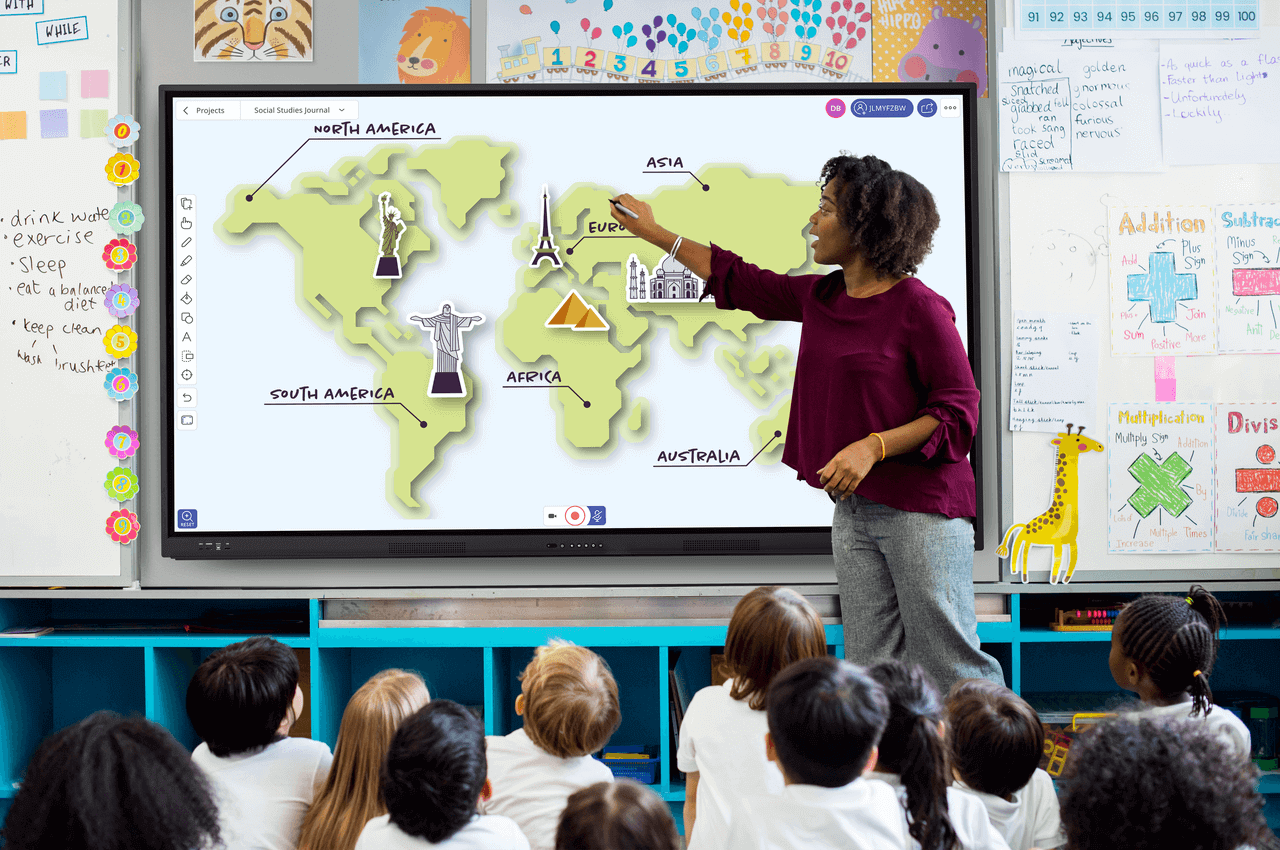Published on July 14th, 2022
Social-emotional learning in a digital world
5 minute read

Educators find themselves in what might seem like a paradox. The digital world is expanding, with edtech continuing to be a vital aspect of teaching and learning. But the top school priority is prioritising students’ social and emotional needs. They know that attending to students’ human needs sets them up for personal success in and out of the classroom, and strengthens the school community as a whole.
These factors might seem incompatible, but only if social-emotional learning (SEL) is seen as something that can only be taught in the real, physical world. But the fact is, edtech can help and diversify opportunities for students to practise many of the same skills they use in person. And educators can work to ensure that the time students spend online and on digital devices also contributes to their social-emotional development.
So how can educators support their students’ and their own SEL in a digital world?
Social awareness in a digital environment
Today’s generation of students have an innate digital nativity. It’s their intuitive mode of communication, expression and research. Nevertheless, educators need to ensure students are still developing skills beneficial to their in-person encounters. This means incorporating time for students to reflect and recalibrate. It’s important to discuss how interaction compares in digital spaces versus the real world – what’s gained and lost – resulting in a richer awareness of individual social preferences and human needs. This applies their critical thinking skills and grounds their digital experiences in the real world.
By teaching the nuances of online communication, students gain understanding of how differences in language use and tone can convey various attitudes and emotions. They learn how to communicate in different contexts, and how to achieve a particular purpose by asserting themselves and communicating effectively.
It’s important for students to learn the challenges that come with digital conversation, where the social cues of in-person interaction are absent, and how that influences our reactions. This greater awareness of people’s emotional responses equips students to engage in the social world mindfully and effectively.
It’s not just about functioning in group settings, but also fortifying student independence. Activities like keeping a diary help students understand their stresses, reconcile social interactions, and deconstruct the emotional effects. The role of the teacher doesn’t change in all of this. Teachers remain a figure for mentoring awareness and promoting an open environment where students are encouraged to contribute, grow confidence and externalise their experiences.
Using edtech to add a social element to digital learning
The digital world of education holds abundant opportunities to meet students’ social-emotional needs. Student presentations on an interactive display like the ActivPanel can build confidence and public-speaking skills. Features like device mirroring and screen sharing enable educators to project students’ work to the class, encouraging constructive feedback.
Virtual learning environments (VLEs) provide open spaces for students to create, imagine and explore. With fewer confines or restrictions, they can discover ways of working, processing and expressing that work best for them. The metaverse, for example, can relieve feelings of self-consciousness, as students can stylise an identity, appearance and sense of self without the practical logistics of the real world.
Many educators have embraced gamification as an engaging, dynamic pedagogical approach. Team building, leadership, collaboration and compromise can all be practised through games. Students can share emotional experiences and comradery while facing challenges and overcoming obstacles together.
The key is to choose platforms and digital spaces that are clearly designed to promote social interaction and positive learning outcomes, and integrate apps created specifically with social-emotional learning in mind.
To see how Promethean edtech solutions are built to support specific school goals and learning outcomes, join us for a personalised demo of the ActivPanel.




